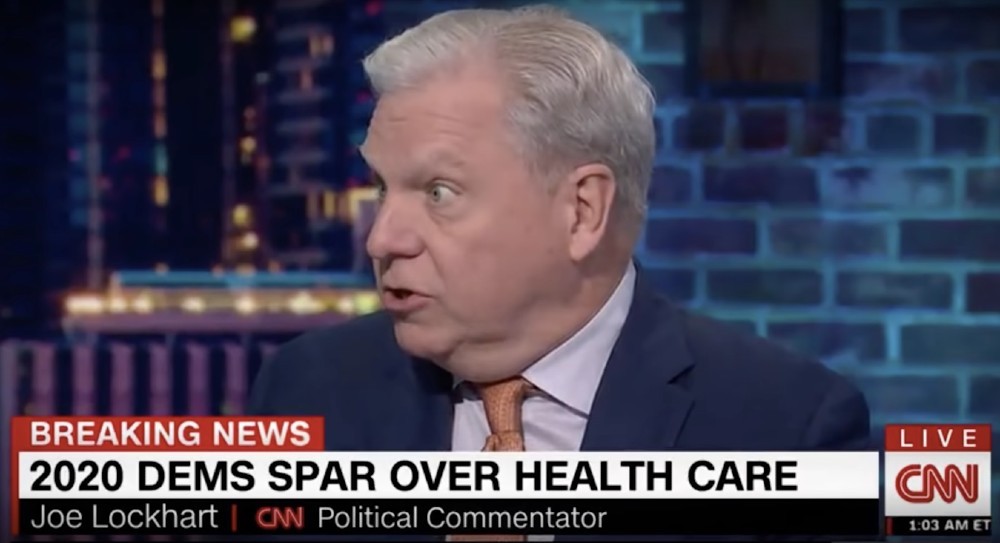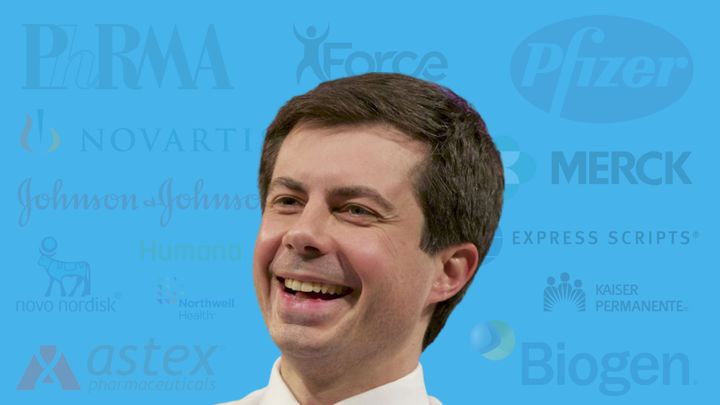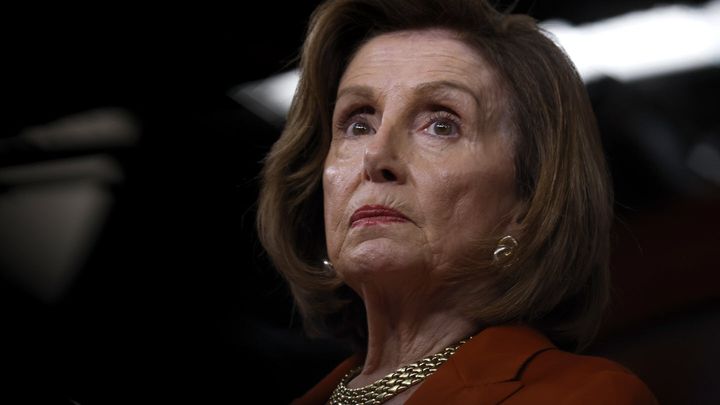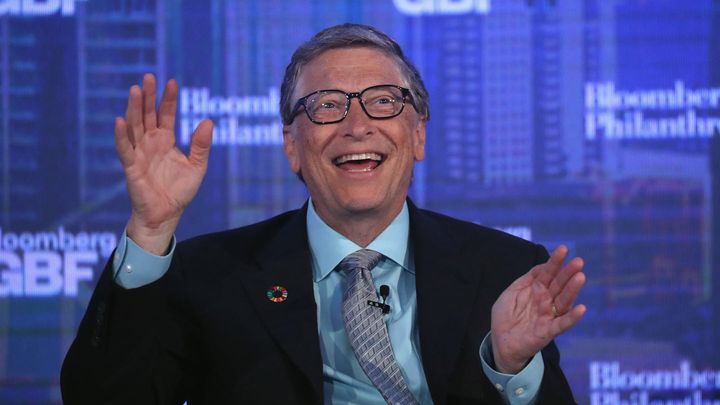Thirty-seven-year-old South Bend, Indiana mayor and presidential candidate Pete Buttigieg has undergone a dramatic shift in health care policy in less than two years.
Responding to criticism of his vague health care policies in early 2018, Buttigieg “declared” on Twitter that, “Most affirmatively and indubitably, unto the ages…I do favor Medicare for All.”
Later, as he entered the Democratic presidential primary, he landed on a kind of compromise: a single-player option he likes to call “Medicare for All Who Want It” that lets him show support for those frustrated by the high costs and substandard results of the American health care system while preserving the profit-driven forces that have contributed to that system.
Now, as he continues to promote his plan, which critics call “Medicare for Some,” he’s taken an antagonistic approach to true Medicare for All, as proposed in the Medicare for All Act, and to his opponents who support it: Sen. Bernie Sanders (D-Vt.), who “wrote the damn bill,” and frontrunner Sen. Elizabeth Warren (D-Mass.), who is cosponsoring and continues to support it.
In a new digital video ad from Buttigieg’s campaign, corporate consultant and former Facebook executive Joe Lockhart says, “Bernie Sanders and Elizabeth Warren believe that we have to force ourselves into Medicare for All, where private insurance is abolished.” Lockhart cofounded Glover Park Group, a corporate consulting and lobbying firm with current and recent clients in the health sector including Boehringer Ingelheim Pharmaceuticals, Horizon Therapeutics, Intuitive Surgical, and Sanofi U.S.

Pharmaceutical, health insurance, and hospital industry donors have flocked to Mayor Pete all year. As of mid-2019, he was second only to Donald Trump in overall campaign cash from donors in the health sector. Among Democratic candidates, he was second to former Vice President Joe Biden in terms of pharmaceutical and health insurance donations.
A Sludge review of Buttigieg’s recent third-quarter campaign finance report shows that as he rails against Medicare for All, executives and other managers in the health sector have kept the money flowing.
Over 100 individuals in leadership, legal, consulting, or financing roles in health sector donated $200 or more to Pete for America between July and September. These donors include pharmaceutical industry leaders such as the chief corporate affairs officer at drugmaker Pfizer, the president of Astex Pharmaceuticals, a state lobbyist for Biogen, a vice president of public policy at Novartis, and the deputy vice president at the nation’s largest pharmaceutical trade association, PhRMA, as well as attorneys for AbbVie, Johnson & Johnson, and Merck.
The donors identified by Sludge gave a total of close to $97,000 to the Buttigieg campaign in the third quarter of 2019. Below are these donors’ employers, occupations, and total amount donated from July through September.
The Buttigieg campaign provided Sludge with the following statement:
Pete has always supported making Medicare (or a similar public health insurance vehicle) available to all Americans in order to achieve universal health care. He consistently describes his health care plan as a pathway to Medicare for All, which is likely why the health insurance industry has attacked his plan. For instance, our campaign website says, “If private insurers are not able to offer something dramatically better, this public plan will create a natural glide-path to Medicare for All.” Simply put, he has the same end goal as some of the other candidates in the race but differs on how to get there.
Health sector interests including pharmaceutical manufacturers, health insurers, and hospital groups generally oppose Medicare for All, as it would allow the government to negotiate down drug and care costs, cutting into industry profits. Democratic Party political groups have accepted significant amounts of money from lobbyist bundlers who have pharmaceutical and health insurance clients, as Sludge and Maplight have reported.
Read more 2020 election coverage from Sludge
In July, Sanders created and signed a pledge to reject all contributions over $200 from the PACs, executives, and lobbyists of pharmaceutical and health insurance companies, urging his opponents to join him. Biden, who did not sign it, has, like Buttigieg, reaped the benefits of large donations from industry executives.
According to the Center for Responsive Politics, Buttigieg’s campaign has recieved $1,266,225 from individual donors in the health sector through the third quarter.
Mayor Pete is no stranger to special-interest support. His very first successful political campaign was fueled by lobbyist fundraisers, as the Center for Public Integrity/TYT reported, and as of July 2019, this year’s effort has been led by 94 contribution “bundlers,” or well-connected supporters who raised at least $25,000 in campaign checks for him.



